Proteins perform many functions in the body, therefore they are an extremely important part of human nutrition, regardless of age and gender. Protein deficiency is one of the most common conditions in the world, because unlike carbohydrates, which are stored in the muscles and liver in the form of glycogen, and fats, which can be stored in reserve, there is no depot for protein, so it must be supplied with food daily. Let's look at what foods contain protein, and why its presence in the daily diet is so important.

Thousands of years ago, when absolutely nothing was known about agriculture, ancient man was engaged in gathering and hunting. The search for berries, fruits and plants for food was more of an auxiliary tool for survival, while a successful run on a mammoth made it possible not to think about hunger for a long time. A little later, primitive society managed to tame fire, on which it was now possible to fry meat, improving culinary skills. Hundreds of years later, people have learned to use not only physical strength, but also their intellect, thanks to which modern people can afford to buy any food in the supermarket with a minimum of effort. Despite this, the role of protein-rich foods in the diet remains invariably important and primary to this day.
Why should a person eat protein every day?
Protein acts as an accelerator of chemical reactions - a catalyst for all metabolic processes in the body.Proteins are responsible for preserving and copying our DNA, that is, for example, for a mole like a mother’s or father’s hair for an unborn child.
Protein is a universal material for building our body; it, like bricks, forms a framework for every cell of our body. Substances such as collagen and elastin are synthesized from protein, without which our skin would be saggy and flabby. Keratin, which makes up 95% of hair, nails and epidermis, is also formed in sufficient quantities if a person consumes foods high in protein.
There are special proteins - immunoglobulins that protect us from viruses, bacteria, fungi that attack our body every day.
Protein from food takes longer to digest than carbohydrates and satiates better, that is, after a piece of meat you don’t want to eat longer. It requires more energy to be broken down and absorbed, but its excess never turns into fat, which means it is impossible to gain excess weight from protein.
Protein deficiency most often occurs during prolonged fasting, following a strict diet or mono-diet (buckwheat and kefir, apples, etc.), as well as among vegans who have been practicing this type of diet for a long time.
It is easy to understand that the body is having difficulty supplying this macronutrient; it is enough to pay attention to external signs. If the skin begins to peel, nails and hair break, there is constant weakness and fatigue, and you are always craving sweets - it is quite possible that the reason is that there is not enough protein in your diet.
Protein in the human diet can come from food of both animal and plant origin. High-quality protein products: meat, poultry, fish and seafood, eggs, cottage cheese, yogurt without additives. Plant foods contain more protein: soy, quinoa, tofu, amaranth, cereals and legumes. Animal protein has important nutritional value for humans, so let’s look at the top products with a high content of it.

Protein foods: list of available products
There are foods of animal and plant origin that are high in protein.
Products containing animal protein
1. Cottage cheese and natural yogurt
Fermented milk products are an excellent source of complete protein, which is easily absorbed by the body and provides it with all essential amino acids. Depending on the fat content, natural yogurt can contain up to 10 g of protein per 100 g of weight, and cottage cheese - up to 22 g. In addition, fermented milk products are rich in both protein and calcium, which is good for the health of bones, nails and teeth.Compared to whole milk, “sour milk” is better absorbed by the adult body and has a beneficial effect on the intestinal microflora.
You should not buy low-fat yogurt and cottage cheese, since it is fats that help the absorption of calcium. Choosing sweet cheese curds and filled yogurt will do more harm than good due to the high sugar content, so preference should be given to products with a “pure” composition.
2 eggs
Chicken egg white is more than 95% digestible, making it ideal for feeding adults and children. 100 g of eggs contains up to 13-14 g, therefore, with an average weight of one egg of 50 g, we get 7 g of protein.The yolk contains a fairly large amount of dietary cholesterol, which is involved in the synthesis of sex hormones and the formation of bile acids, protects red blood cells from premature destruction and helps the absorption of vitamins and microelements. Both chicken and quail eggs are suitable for the daily diet in a weight ratio of 1:5.
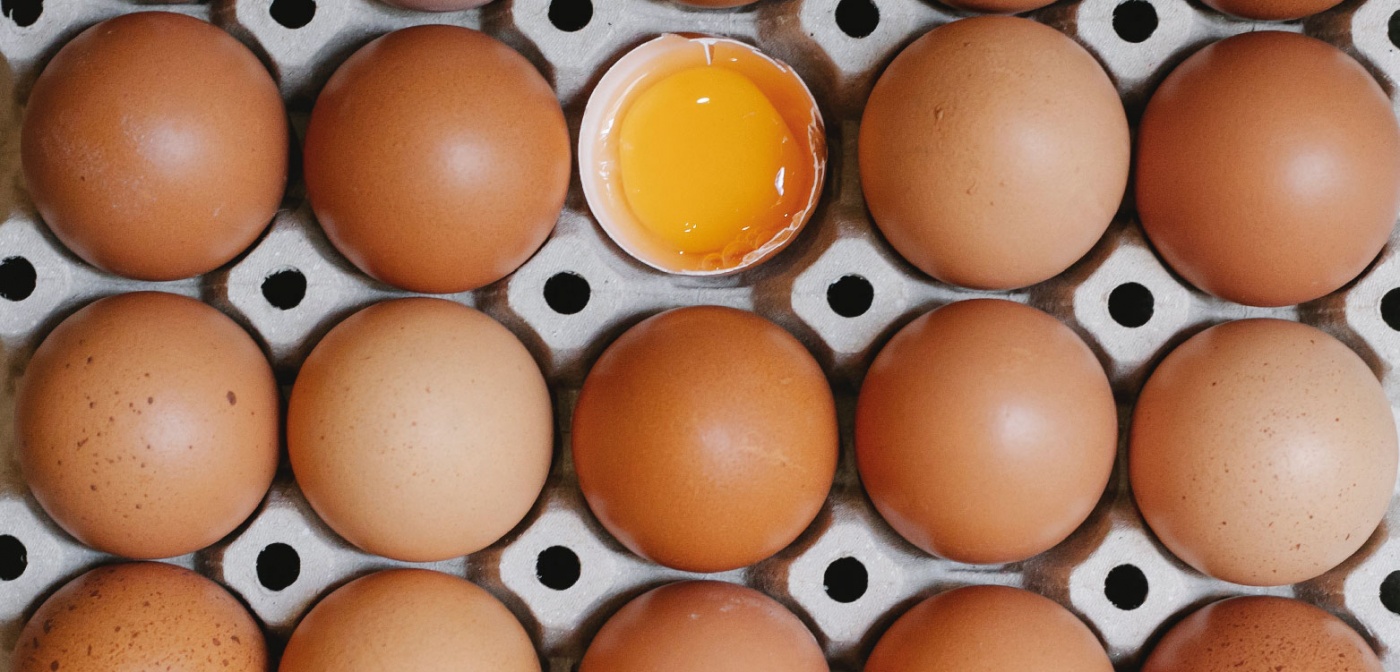
3. Poultry fillet
Chicken breast, which is pretty boring for those who want to lose weight, contains 18 grams of pure protein per 100 grams of weight. Poultry fillet can rightfully be considered one of those products that contains complete protein, and grilling with natural herbs and spices will make it not only healthy, but also tasty. If a goal such as weight loss is not pursued, turkey or chicken breast can be replaced with fattier parts (thigh, drumstick), which are also rich in protein, but have a higher calorie content.
4. Seafood and fish
If we consider which products of the deep sea contain a lot of protein, then the championship definitely belongs to red granular caviar with an indicator of 31.5 g of protein. Fans of sea reptiles and fish can afford to reduce the amount of meat in their diet, since just 100 g of squid contains 18 g of protein, the same amount of shrimp contains 20.5 g, and a 200 g serving of tuna will immediately provide 50 g of protein. Horse mackerel, pike perch, river perch, cod, pollock, mussels, etc. will also be useful. Sea fish of fatty varieties, for example, salmon, sardine, mackerel will not only fill the need for amino acids, but will also become a source of Omega-3 polyunsaturated fatty acids necessary for improving metabolic processes, reducing bad cholesterol levels and normalizing weight.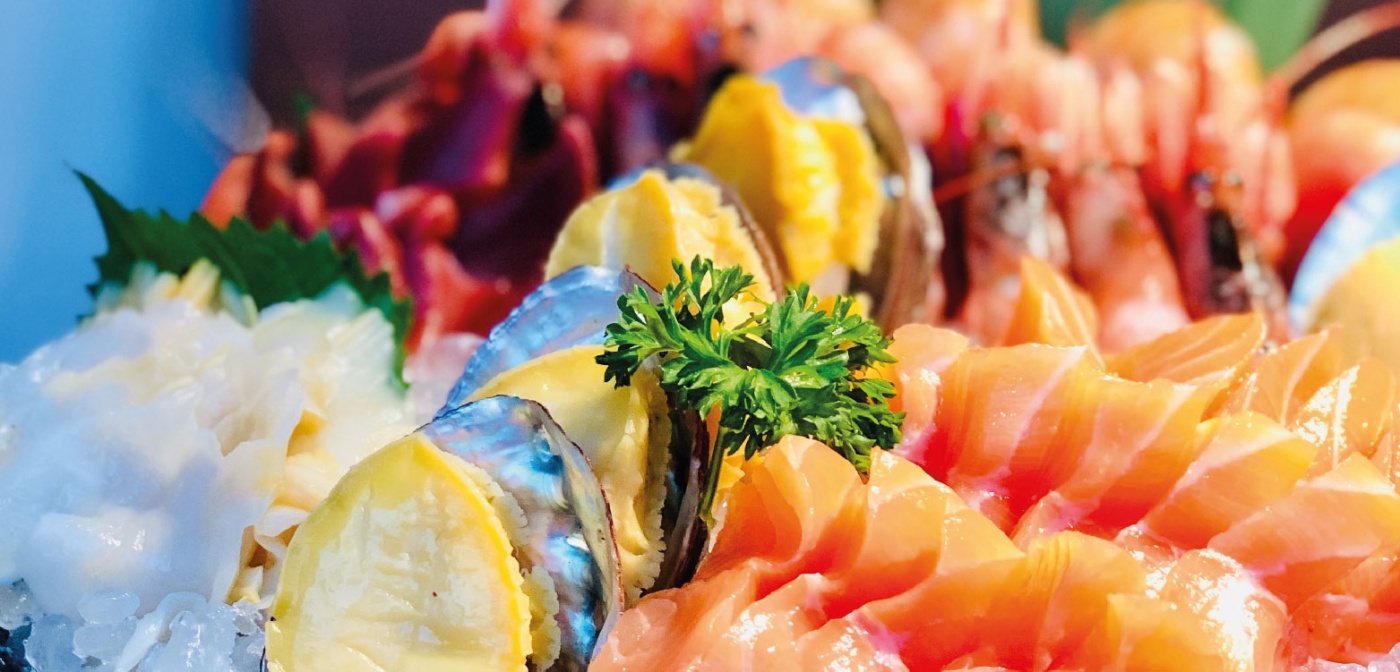
5. Red meat and offal
Beef steak can provide energy and even partially cover the daily requirement for iron, because it is red meat that is recommended to be consumed with low hemoglobin. Lean beef contains 18.6 g of protein per 100 g, and beef liver contains 17.9 g of protein. The meat can be made into cutlets, meatballs, goulash, baked with herbs, or simply seasoned with salt and pepper and grilled until lightly crusted - beef will fit perfectly into a healthy diet and will especially appeal to men. Beef liver makes an excellent pate with butter and carrots, which can easily replace traditional sausage and cheese on bread for a snack. An important condition for optimal absorption of protein and iron from red meats is its combination with fresh or stewed non-starchy vegetables, as well as herbs rich in ascorbic acid.
Where else is protein found?
It is worth highlighting hard cheeses, in particular Parmesan. The king of cheeses boasts a protein content of 35 g, which is even higher than salmon caviar. Despite the high nutritional value, eating Parmesan alone is hardly appropriate, however, when choosing cheese, you should give preference to hard varieties with a good composition, such as Dutch, Russian, Gouda, Poshekhonsky, etc.
It is important not to forget that cheeses contain a large amount of animal fats, so they are welcome in the diet in moderation.
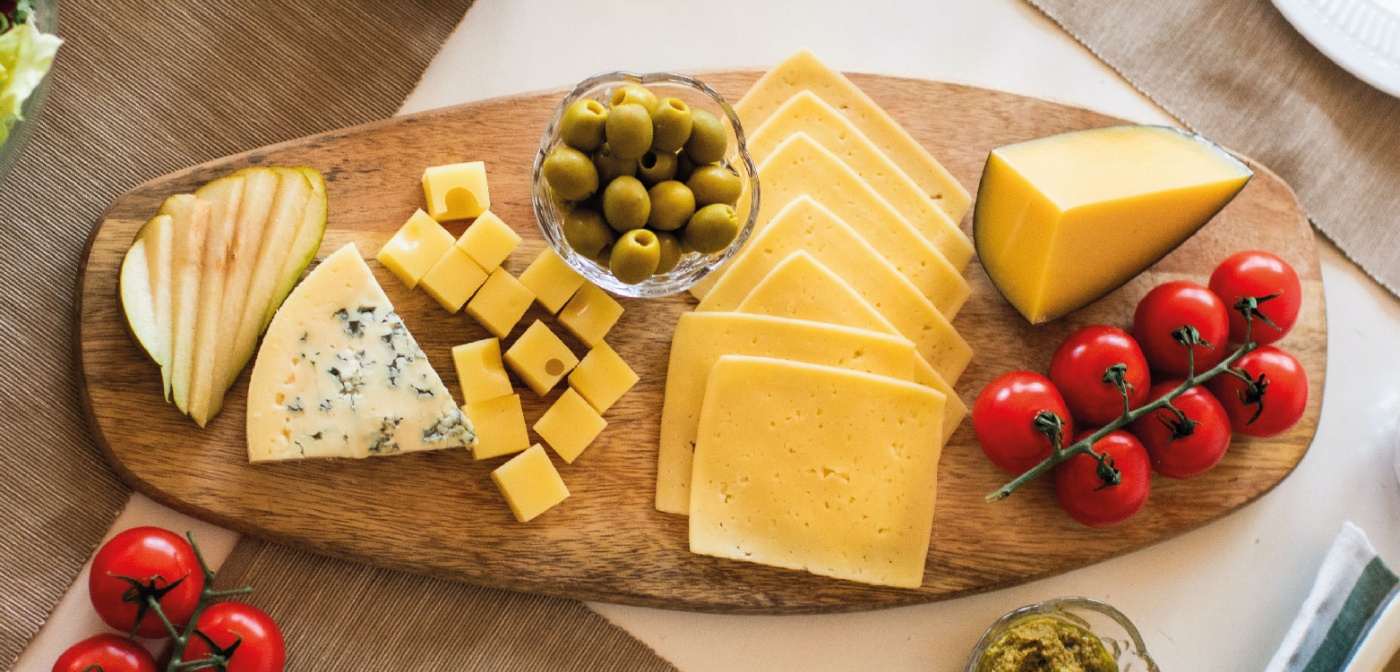
Products containing vegetable protein
Plant protein, which is found in soybeans, legumes, seeds, nuts and grains, should undoubtedly be present in the human diet. It is better absorbed by the body, does not complicate digestion and is rich in healthy fiber.
However, despite all these advantages, it is foods rich in animal protein, which is considered more complete for our body, that contain the entire range of necessary amino acids, and some of them are essential. For this reason, even though soy products with a high content of vegetable protein are digestible by 90%, it will be extremely difficult to provide the body with all amino acids only by consuming them.
Vegetable protein content from the table (g/100 g) in some products
1. Soy:
beans – 34;tofu – 14.
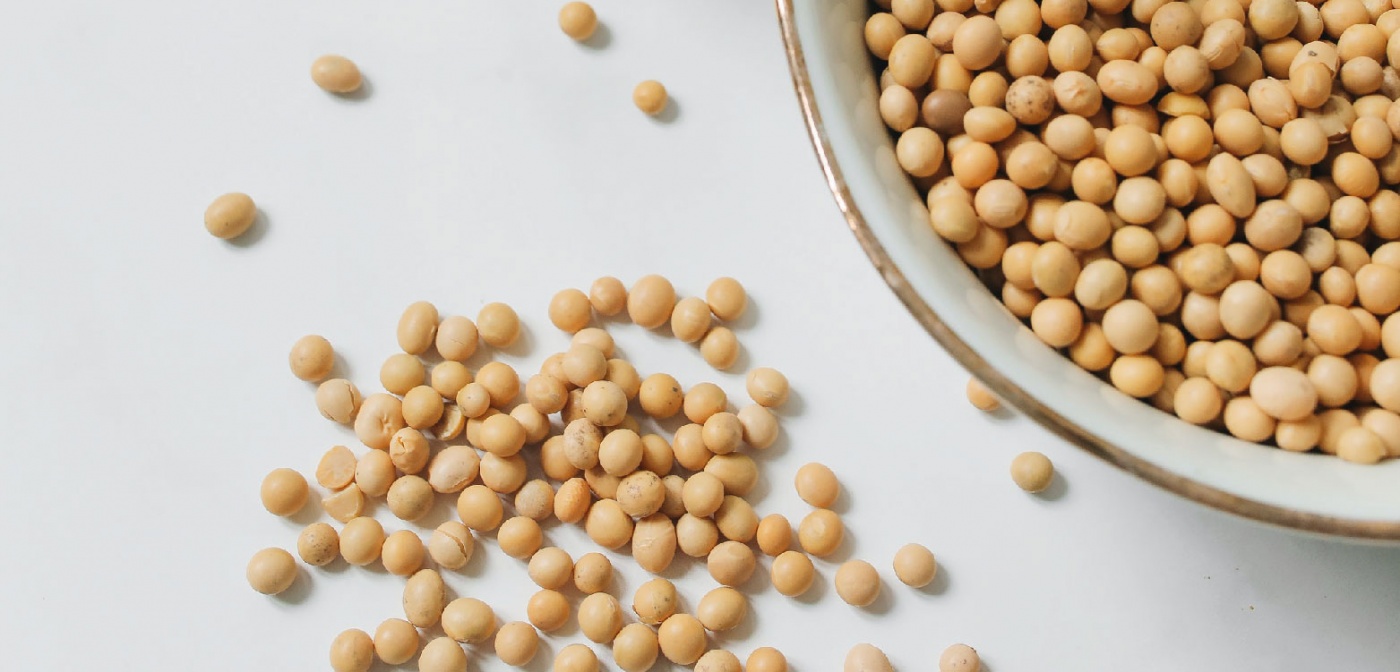
2. Nuts and seeds:
cashews – 25;pumpkin seeds – 25;
sunflower seeds – 24;
almonds – 21;
pistachios – 20;
sesame – 19;
hazelnuts – 16;
Brazil nut – 14;
walnut – 13;
pine nuts – 12;
pecan – 11;
macadamia – 8.
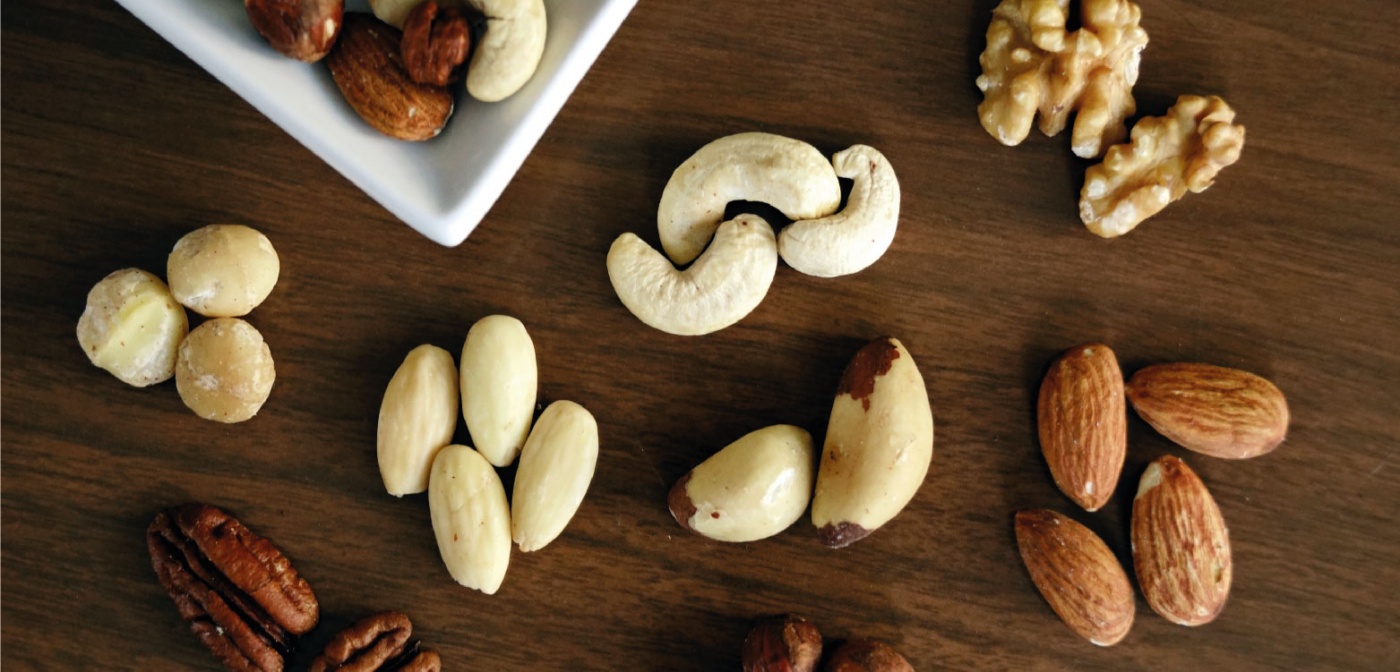
3. Legumes:
peanuts – 26;lentils – 24;
mung bean – 23.5;
chickpeas – 20;
peas – 23;
beans – 22.

4. Cereals:
oatmeal – 12;millet –11.5;
buckwheat – 12;
pearl barley – 9;
rice – 7.

How much protein should you eat?
The average person needs at least 1 gram of protein per kilogram of body weight per day. If we are talking about a slim and inactive person weighing 70 kg, then to get his minimum 70 g of protein per day you need to eat: 3 eggs, 100 g of cottage cheese, 150 g of fish to reach your daily requirement.If you are overweight and regularly exercise, the need for protein increases approximately 2 times - up to 2 g per kg of body weight.
Why eat foods high in protein when losing weight?
Eating enough protein for those who decide to normalize their weight is one of the main conditions for achieving the desired result.The main reason is that protein is the only macronutrient of the three that does not accumulate when consumed in excess, which is not the case with fats and carbohydrates.
What happens to your weight if you drink an extra protein shake after a workout? Absolutely nothing, just an increase in the load on the kidneys, which will actively try to remove excess protein from the body.
If the diet during weight loss is unbalanced, weight loss may occur at the expense of muscles. A person who has lost weight does not look at all the way he would like: the body becomes flabby and sagging, the skin loses its elasticity, folds and wrinkles appear on the face and body. Avoiding this fate is easy if you consume enough protein.
It is worth noting that the need for protein in overweight people in the absence of concomitant pathology is slightly higher than in an ordinary person and amounts to up to 2 g/kg body weight. While adhering to a diet high in protein, you should never forget about consuming enough fats and carbohydrates necessary for safe and healthy weight loss.

How to eat protein correctly?
1. Chew the meat thoroughly to get the most out of each bite.2. Eat meat and fish with vegetables and herbs so as not to “acidify” your body. The lower the PH (acidity) of the blood, the more calcium (alkali) will “leave” from the bone tissue into the blood to neutralize “acidification,” which can result in joint problems or osteoporosis (brittle bones).
3. Try to include protein foods at every meal so as not to overdo it with carbohydrates and get a feeling of fullness after the meal.
4. If possible, diversify your diet with all kinds of protein products. Eggs are healthy, like cottage cheese, but their excessive consumption can lead to gastrointestinal problems. This also applies to eating meat, which contains a large amount of animal fats that negatively affect lipid metabolism. That is why it is worth maintaining a balance not only between proteins, fats and carbohydrates, but also not repeating your favorite protein foods more than twice a day.
Having knowledge of which foods contain protein, you can make not only a list for going to the store, but also plan a menu for the week. For example, cheese pancakes with sour cream or an omelet with vegetables are perfect for breakfast, for lunch you can make soup with beef, take yogurt for a snack with fruit and nuts, and grill fish with seasonal vegetables for dinner.
At first glance, it may seem that eating any food high in protein is much more expensive, but this is not the case. It is not necessary to buy a marbled beef steak or chilled salmon to meet your daily macronutrient requirement, because it is enough to add eggs, cottage cheese, hake and chicken to your basket. These products with a high protein content will be cheaper than semi-finished products in the form of sausages, sausages and dumplings, but at the same time they will bring maximum benefits to the body.
A protein-balanced diet will help normalize weight and improve skin condition. hair and nails, maintain youth and beauty, and if you have good physical activity, tighten your body. The use of protein shakes is quite acceptable and in some cases appropriate, but the main source of amino acids should remain fresh and natural food.


0 Comments